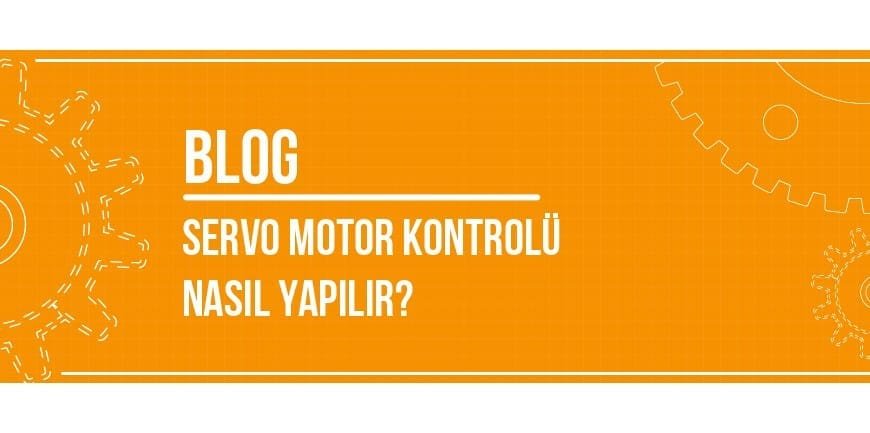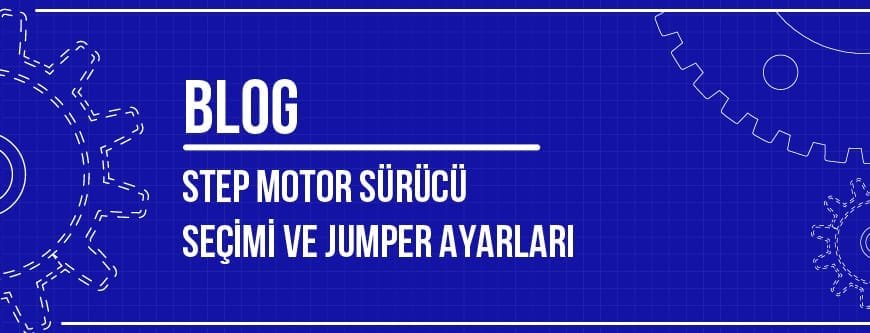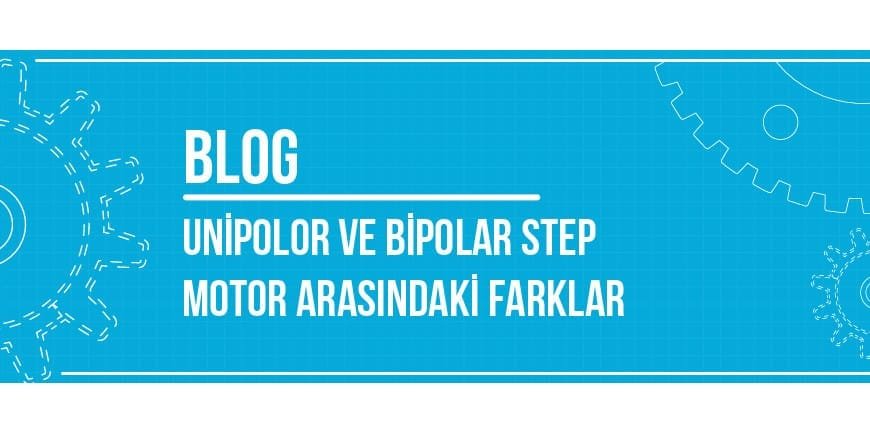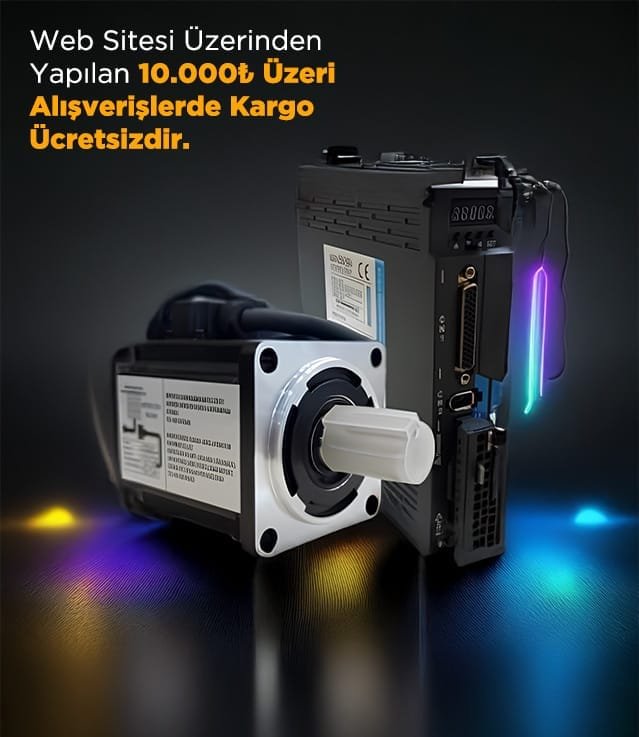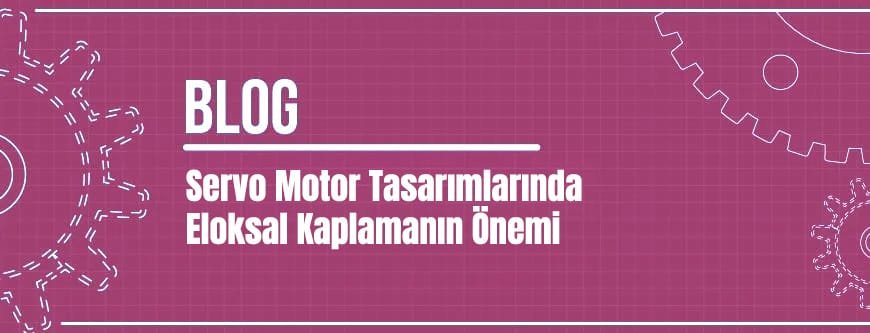
İçindekiler
The Importance of Anodized Coating in Servo Motor Designs
With the developing technology, the durability and performance of the materials used in servo motor designs come to the forefront. In this context, surface treatment technologies such as anodized coating play an important role in ensuring the long life and efficient operation of anodized aluminum components in servo motors.
Aluminum anodizing is an effective method for protecting servo motors against external factors and giving them an aesthetic appearance. Thanks to this coating, motor parts become more resistant to corrosion, abrasion and chemical reactions. Thus, servo motors exhibit stable performance even in harsh industrial conditions.
What is Anodized Coating?
Anodizing is an electrochemical process applied to aluminum surfaces, which oxidizes the surface and gives it a protective layer. The anodized layer formed as a result of this process offers not only a protective but also a decorative effect. This technology, known as anodizing coating in English, increases the resistance of aluminum against external factors.
This coating method is preferred not only for its visual appeal but also for its technical benefits such as durability, electrical insulation and wear resistance. In particular, hard anodized coating stands out in applications where high wear resistance is required.
How is anodized coating applied?
The anodizing process begins by exposing aluminum parts to an electric current in electrolyte solutions, such as sulfuric acid, by attaching them to the anode position. In this process, an oxide layer is formed on the surface in a controlled manner. This layer, with its porous structure, both increases paint adhesion and provides different functional properties.
During the aluminum anodizing process, parameters such as temperature, electrolyte composition and applied voltage directly affect the quality of the coating. Especially in servo motors where high performance is expected, these parameters must be meticulously controlled.
Materials Used in Servo Motors and Coating Selection
Lightweight, durable and highly conductive materials are generally preferred in servo motor production. For this reason, anodized aluminum is frequently used in motor housings and fasteners. Anodized coating offers the advantage of increasing surface strength without changing the mechanical properties of aluminum.
The choice of coating should be made according to the environmental conditions in which the motor will be used. In abrasive, humid or chemical environments, hard anodized coatings can be preferred to extend engine life. In addition, details such as coating thickness and color options should be optimized according to the intended application.
Why Anodized Coating is Preferred for Servo Motors?
Servo motors are used in automation systems that require precision and durability. When these motors are not protected against external factors, the risk of failure increases. At this point, aluminum anodized coating provides both mechanical protection and improves the surface structure of the motor.
Anodized aluminum provides electrical insulation, which improves the electromagnetic compatibility of the motor. This coating, which is also preferred for aesthetics and brand value, contributes to a more professional appearance of the motors.
Effects of Anodized Coating on Servo Motor Performance
Anodizing positively affects servo motor performance in several ways. First of all, friction on the motor surface is reduced and motion precision is maintained. This is especially important in high precision systems. In addition, the surface becomes resistant to oxidation, extending motor life.
The thermal insulation provided by the coating also helps the motor to maintain its thermal balance. Especially in environments exposed to high temperatures, the anodizing coating minimizes performance loss and allows servo motors to operate efficiently for longer.
The Role of Anodized Coating in Industrial Applications
Servo motors used in areas such as industrial automation, robotic systems and CNC machines must be designed to withstand harsh conditions. In this context, anodizing is not only a surface protection method, but also a performance-enhancing engineering solution.
While aluminum anodizing is a preferred material in industrial machinery thanks to its light weight and high thermal conductivity, the anodizing process increases the service life and strength of this material. This reduces maintenance times and increases system efficiency.
What to Consider When Choosing Anodized Coating in Servo Motor Production?
When choosing an anodized coating in servo motor production, the alloy of aluminum to be used, the function of the part and the working environment should be taken into consideration. In particular, details such as coating thickness, pore density and color stability play a critical role in terms of the longevity of the product.
While hard anodized coating stands out in heavy industry applications, decorative anodized coating is used in areas where visual appeal is sought. Pre-treatments such as surface cleaning, acid baths and proper anodizing before coating are the determining factors of quality.
What is the Contribution of Anodized Coating to Servo Motors?
In general, the contribution of anodized coating to servo motors is considerable. By increasing the surface durability, the resistance of the motor against mechanical stress is increased. This reduces the failure rate and minimizes interruptions in the production line.
In addition, the use of anodized aluminum offers the advantage of both lightness and conductivity. It maintains the thermal balance of the motor and provides effective protection against moisture and corrosion in external environments. For all these reasons, anodized coating on servo motors is an indispensable application in terms of both engineering and cost.
Diğer Blog Yazılarımız



